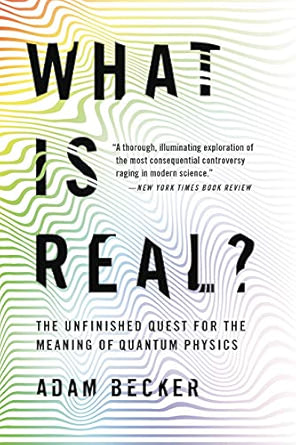At every step of the way—forming hypotheses, designing and conducting experiments, even simply observing the results of those experiments—the paradigm of atomic theory informed the actions of the nineteenth-century chemists. And they were wildly successful, discovering the periodic table of the elements decades before physicists discovered electrons or learned anything about atomic structure. Yet, according to the best science of the time, atoms were unobservable. So, Kuhn concluded, it’s not just the observable part of a theory that matters—the full content of scientific paradigms influences
...more
Welcome back. Just a moment while we sign you in to your Goodreads account.


